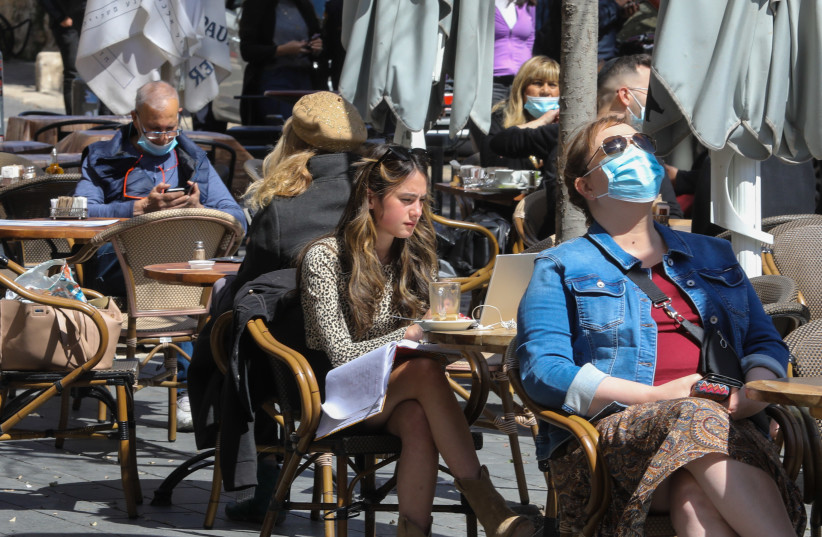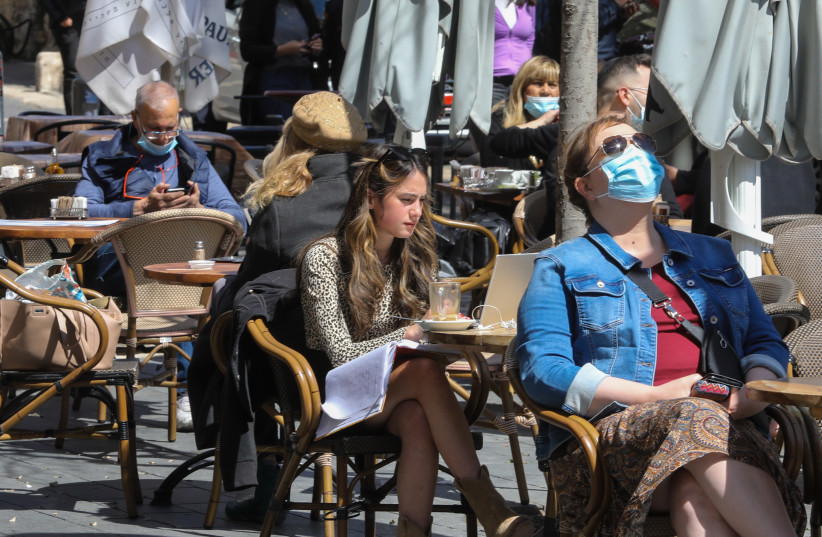
People who are deficient in vitamin D are at least 20% more likely to die from COVID-19 than people who are not, according to a new Israeli study.
The study was published on the medical sharing site MedRxiv and is being submitted to a peer-reviewed journal.
Researchers from the Azrieli Faculty of Medicine of Bar-Ilan University in Safed and the Galilee Medical Center (GMC) in Nahariya recently published what they believe is the first study to show that being deficient in vitamin D before contracting COVID-19 has a direct impact on the disease’s severity and mortality.
Previous studies looked at vitamin D levels only once people were sick, which could make the studies inaccurate.
Although the researchers said the study falls short of pinpointing vitamin D as the cause of death, “we know that people who had low vitamin D died more,” according to Dr. Amir Bashkin, director of the Endocrinology and Diabetes Unit at GMC, who was involved in the study.
Twenty-six percent of people who had a preinfection level of vitamin D of 20 nanograms per milliliter died, compared with 3% of those who had higher levels of vitamin D, he said.
Furthermore, “we found that if vitamin D was low, it was correlated with severe disease and mortality in an independent manner,” Bashkin said.
if(window.location.pathname.indexOf(“656089”) != -1){console.log(“hedva connatix”);document.getElementsByClassName(“divConnatix”)[0].style.display =”none”;}
The group tested all other known comorbidities that might cause severity, and they found vitamin D was an independent predictor.
The main source of vitamin D is the sun, said Prof. Amiel Dror, who led the study. In addition, older people tend to produce less vitamin D. As such, “it is very important that people take vitamin D, especially older people,” he said.
The recommended dose is around 1,200 mg. per day, Bashkin said, though people should consult with their healthcare provider before taking any supplement to be sure not to take too much or too little.
“Despite being in a sunny country, we know that most of the population has a level of vitamin D lower than 30 nanograms per milliliter, which means most of the population has insufficient vitamin D levels,” Dror said.
“If you are going to encounter COVID-19 next time, perhaps in a next wave, you better have a sufficient level of vitamin D in your body,” he said.




